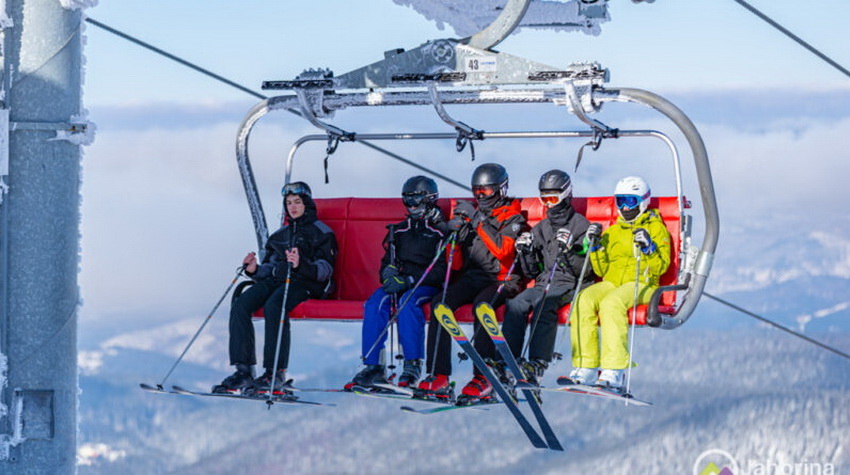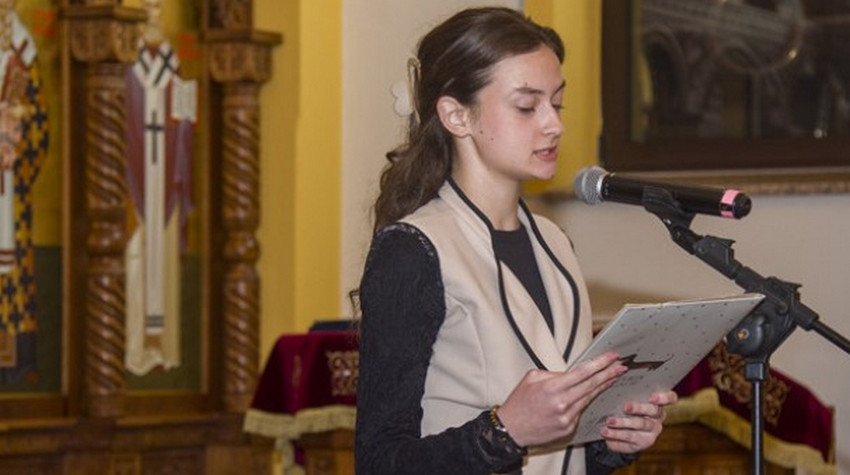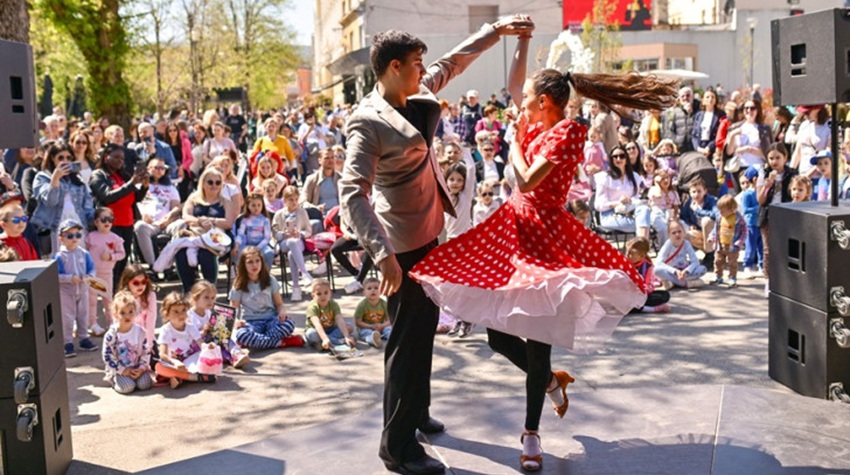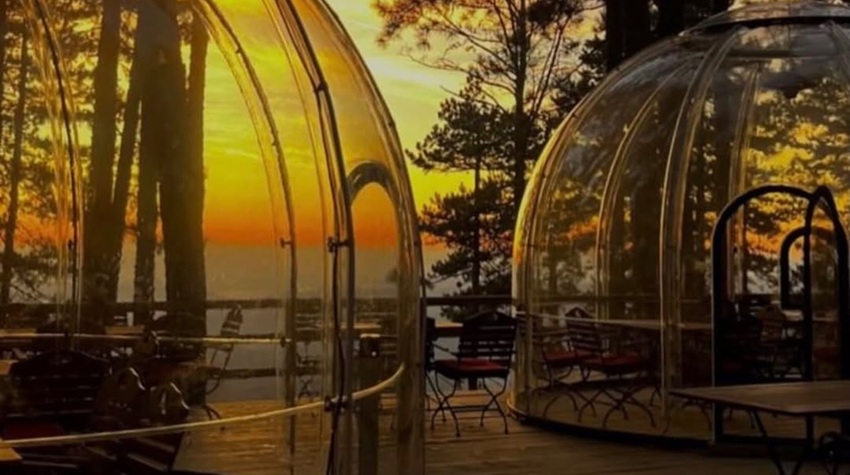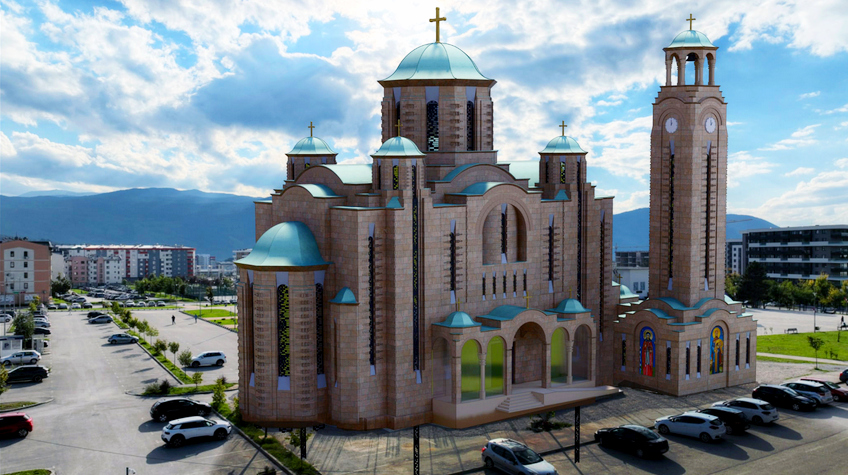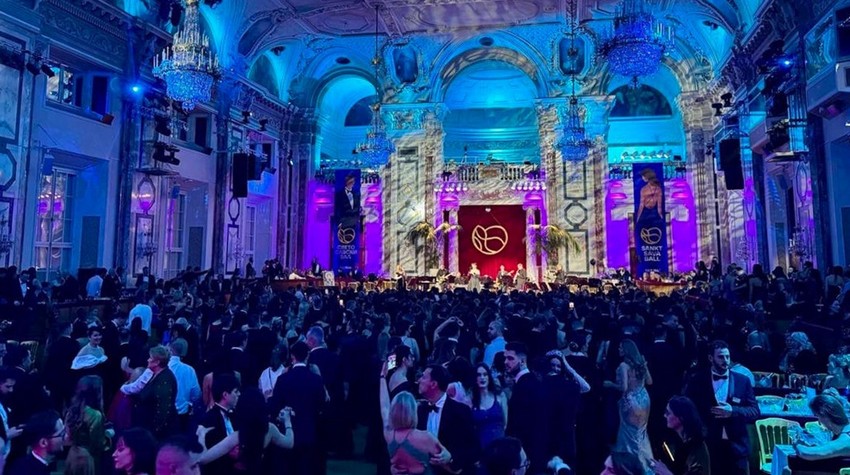WINTER SEASON IN SRPSKA PROMISES ADVENTURE AND ENTERTAINMENT
Republika Srpska is preparing for one of its most successful winter tourism seasons yet, with expectations already surpassing previous years, according to Sanela Šimun, spokesperson for the Tourism Organization of Republika Srpska (TORS).
Šimun
announced that the official opening of the winter season is scheduled for
December 11 on Jahorina, where visitors will be greeted with a wide range of
activities and entertainment options.
“In
addition to Jahorina, we expect ski operations at the Igrišta Ski Center, as
well as on Mount Kozara,” she said.
A
significant influx of tourists is also anticipated during the upcoming New Year
holidays. Most cities across Republika Srpska will host open-air New Year’s Eve
celebrations, alongside numerous events in hospitality venues.
“There
are also New Year festivals kicking off in late November and running until
mid-January, offering daytime programs, ice skating, various exhibitions, as
well as excellent gastronomy and local products,” Šimun highlighted.
She added that TORS is currently finalizing its program for the upcoming year, which includes a variety of activities, projects, and measures aimed at boosting tourist arrivals and enhancing the promotion of Republika Srpska’s tourism offer both domestically and internationally.
“We
are satisfied with this year’s tourist arrivals and overnight stays, which
continue to grow annually. In the first nine months, we recorded over 16,500
more overnight stays and 17,835 more arrivals compared to the same period last
year,” Šimun stated.
From
January to September, Republika Srpska welcomed 393,266 tourists who achieved
928,226 overnight stays—an increase of 4.4 percent in arrivals and 2 percent in
overnight stays compared to the previous year.
Šimun
noted that aside from domestic tourists, the majority of overnight stays were
made by visitors from neighboring countries—Serbia, Croatia, Slovenia, and
Montenegro—as well as guests from other European nations, including Turkey,
Germany, Austria, and Italy.
